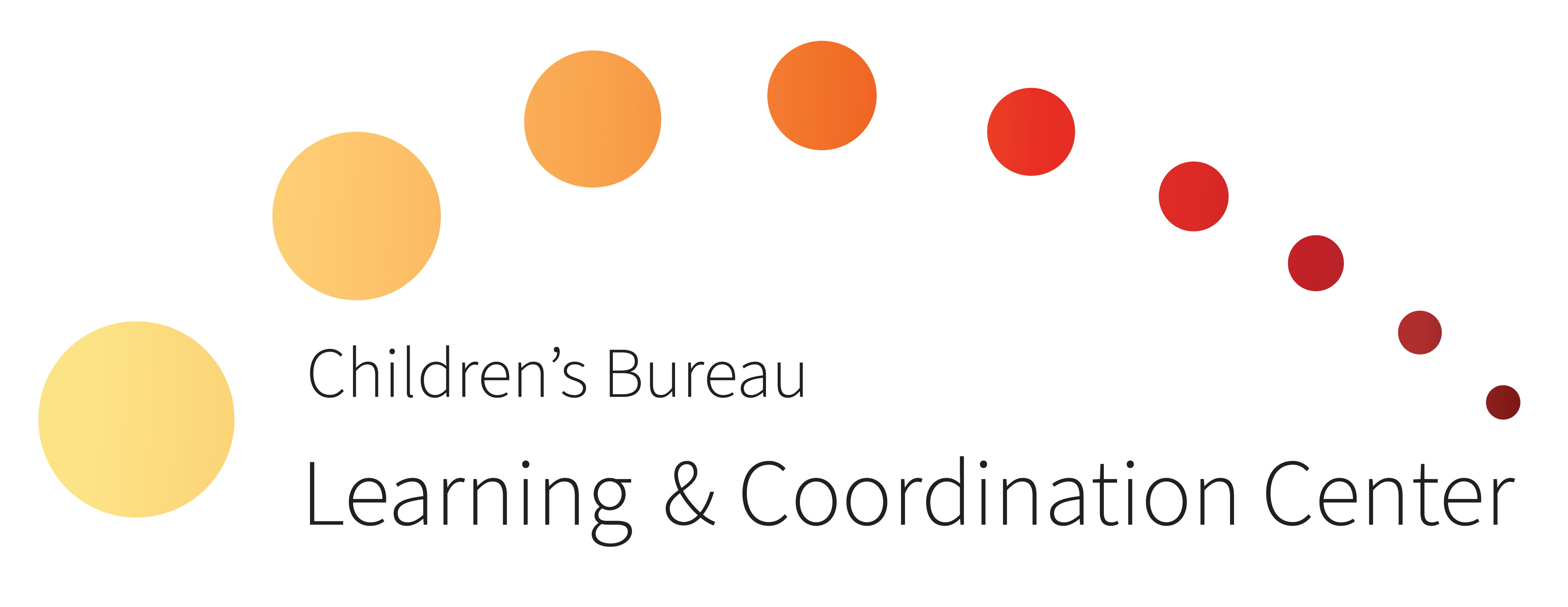Tools and Tip Sheets
Browse our toolkits, tip sheets, and practice briefs for the child welfare field. Dive deeper into a topic by selecting the "Topic Areas" menu above.
-
Supporting Relationships Between Children and Their Incarcerated Parents
Children who experience the incarceration of a parent, may experience trauma comparable to the loss of a parent through death or divorce—and this trauma may be heightened by involvement with the child welfare system. A new brief for caseworkers and caregivers focuses on maintaining the parent-child bond during parental incarceration. -
Supporting Communication for Families Impacted by Incarceration
Communication produces, sustains, and empowers relationships. For children whose parents are incarcerated, communicating with the parent in prison is essential—but challenging to maintain without the support of a caring adult. This brief for caseworkers and caregivers provides a developmental guide for supporting effective visits and communication at every age and stage. -
Identifying Developmental Disabilities and Delays in Young Children: The Role of Child Welfare Professionals
Child welfare professionals and partners often work with highly vulnerable children and youth—those who have, or are at risk of, developmental disabilities or delays. Early identification of developmental disabilities or delays is critical for a child’s health and well-being. -
WE CAN Adaptation Toolkit
Boost your outreach and engagement efforts by incorporating WE CAN into your social media and other communications. The WE CAN Adaptation Toolkit can guide you through the personalization process. -
Child Maltreatment Prevention: A Planning Framework for Action
Developed by noted child maltreatment prevention researcher Deborah Daro and a team from the Chapin Hall Center for Children at the University of Chicago, this framework provides a comprehensive guide to child abuse and neglect prevention planning at state and local levels.

